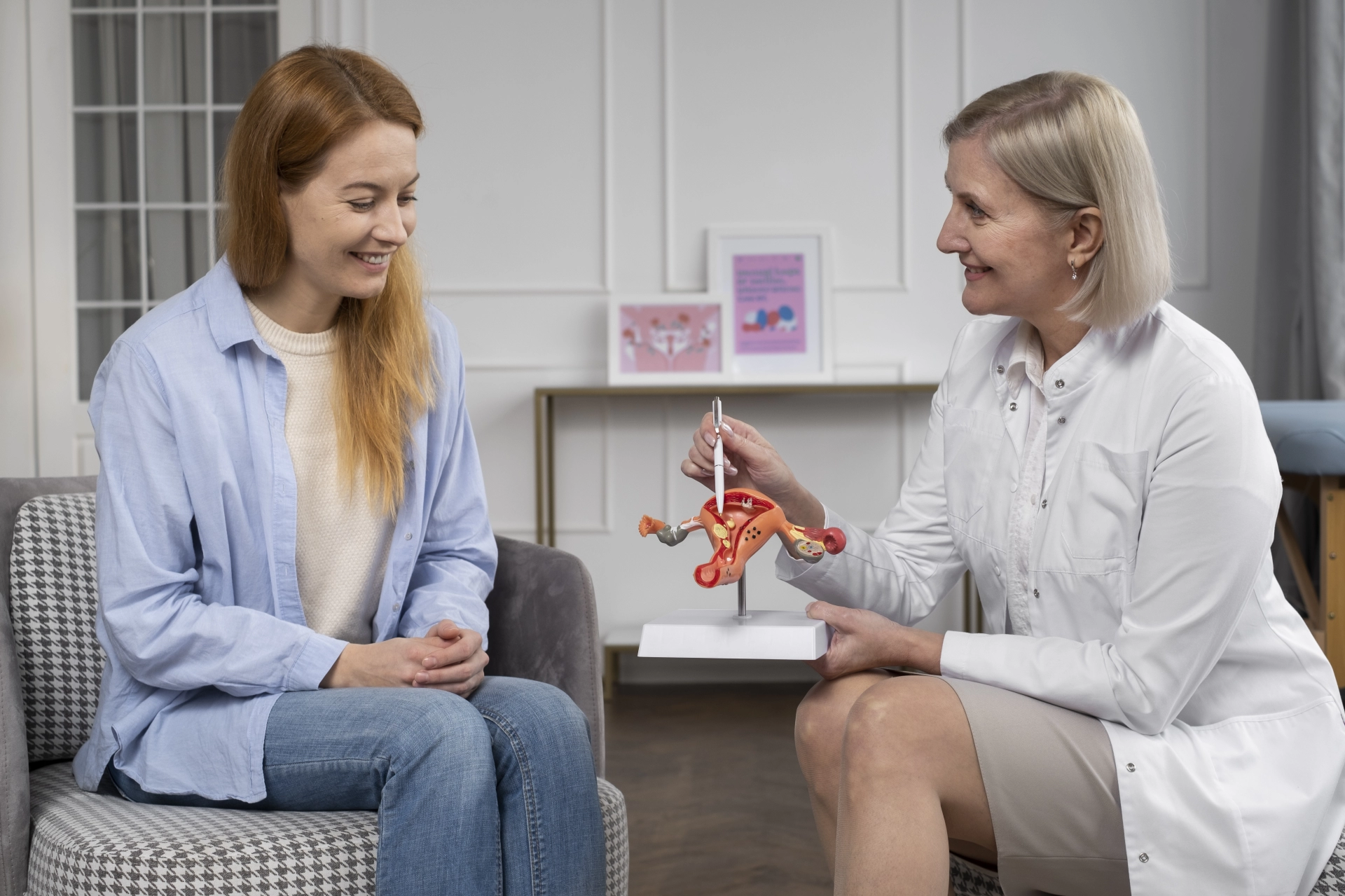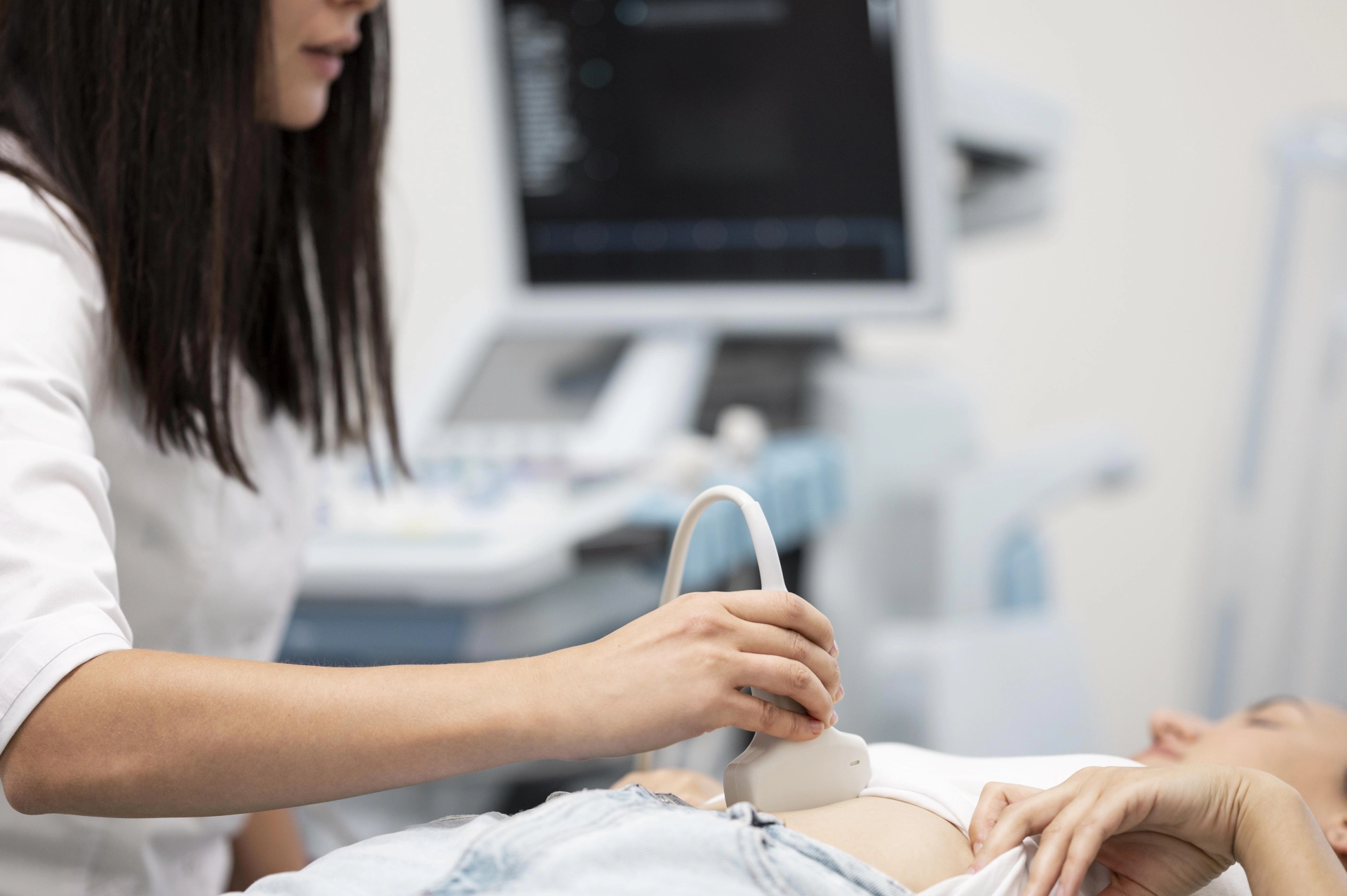Polycystic ovary syndrome (PCOS) is considered one of the most common hormonal disorders among women, affecting both the reproductive system and metabolism. In this condition, numerous small, immature follicles form in the ovaries, which can disrupt the natural process of ovulation.
Why is it important to recognize polycystic ovary syndrome?
PCOS can go on for years without obvious symptoms, but it can lead to the following complications:
• Infertility or complications during pregnancy
• Irregular menstrual cycle
• Skin and hair problems: acne, hirsutism
• Insulin resistance and a high risk of type 2 diabetes
• Psychological complications: depression, stress, low self-esteem
How is a diagnosis confirmed?
PCOS diagnosis is made by combining a number of data points:
• Detailed medical interview
• Menstrual cycle analysis
• Ultrasound examination (sonography)
• Blood hormonal and metabolic tests
How is treatment carried out?
PCOS is treated with a combined approach, depending on the woman's age, goals (e.g., getting pregnant or regulating the cycle), and the severity of the symptoms. The main directions of treatment are:
1. Regulation of diet and lifestyle
2. Cycle regulation: hormonal treatment
3. Treatment of hirsutism and skin acne
4. Assisted conception: medication or, if necessary, the use of reproductive technologies
5. Medications that increase insulin sensitivity
Polycystic Ovary Syndrome and a Healthy Lifestyle
Even a mild weight loss (5-10%) can significantly improve hormonal balance, restore ovulation, and regulate menstruation.
• Balanced nutrition
• Regular physical activity
• Good quality of sleep
• Stress management methods






